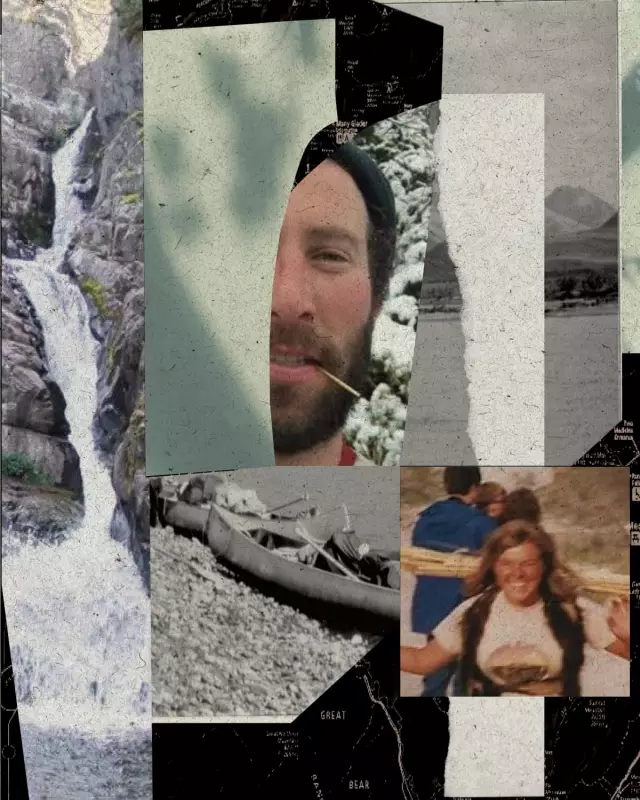
Britain's breathtaking wilderness areas are witnessing an alarming trend that's stretching rescue services to their limits. New data reveals a dramatic 40% increase in emergency callouts across the nation's most challenging terrains, painting a concerning picture of modern adventurers venturing into the wild unprepared for nature's unpredictability.
The Rescue Crisis Unfolding in Our National Parks
From the rugged peaks of Snowdonia to the sweeping landscapes of the Lake District, mountain rescue teams are responding to more emergencies than ever before. The statistics tell a sobering story: what was once considered exceptional has become routine for the dedicated volunteers who risk their lives to save others.
"We're seeing people completely underestimate British weather conditions," explains a veteran rescue team leader from the Peak District. "One moment it's sunshine and clear paths, the next it's zero visibility and hypothermia conditions. The mountains don't care about your Instagram feed."
Why Are So Many Adventurers Getting Into Trouble?
Several factors are contributing to this worrying surge in wilderness emergencies:
- Digital overconfidence - reliance on smartphone maps that fail in remote areas
- Inadequate equipment - setting out without proper clothing, navigation tools or emergency supplies
- Weather miscalculations - failing to understand how quickly conditions can deteriorate
- Fitness overestimation - attempting routes beyond physical capabilities
Essential Survival Tips Every Outdoor Enthusiast Must Know
Before you embark on your next adventure, heed these crucial safety recommendations from rescue professionals:
- Always check multiple weather sources and understand how conditions can change at higher elevations
- Carry proper navigation equipment - including a physical map and compass as backup
- Pack essential survival gear: extra layers, emergency shelter, first aid kit, and sufficient food/water
- Share your detailed route plans and expected return time with someone reliable
- Know your limits and turn back if conditions become challenging
The Human Cost of Rescue Operations
Behind every statistic are real stories of bravery and desperation. Rescue teams recount missions that last through the night, battling treacherous conditions to reach stranded hikers. The emotional and physical toll on these volunteer responders is immense, yet their commitment remains unwavering.
"When we get that call, nothing else matters," shares a Scottish Mountain Rescue volunteer. "But we'd much rather prevent these situations than risk our team members in dangerous recovery operations."
As Britain's wild spaces attract record numbers of visitors, the message from rescue services is clear: respect the wilderness, prepare thoroughly, and understand that nature always has the final word. Your adventure shouldn't become someone else's emergency.





